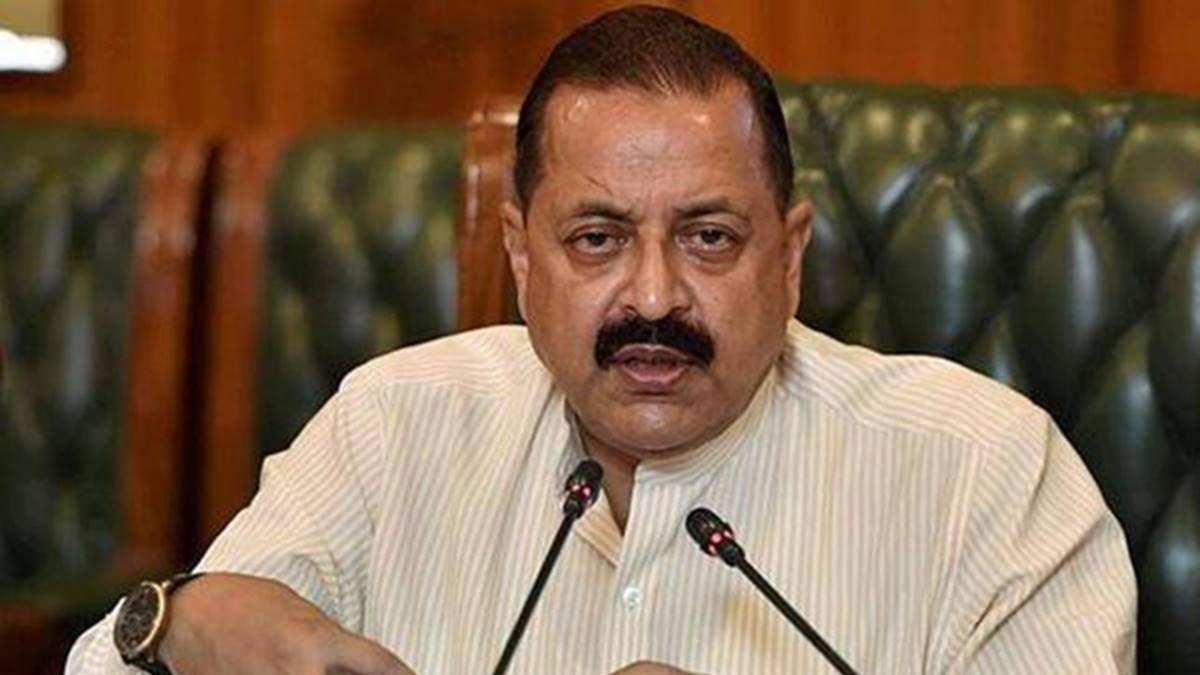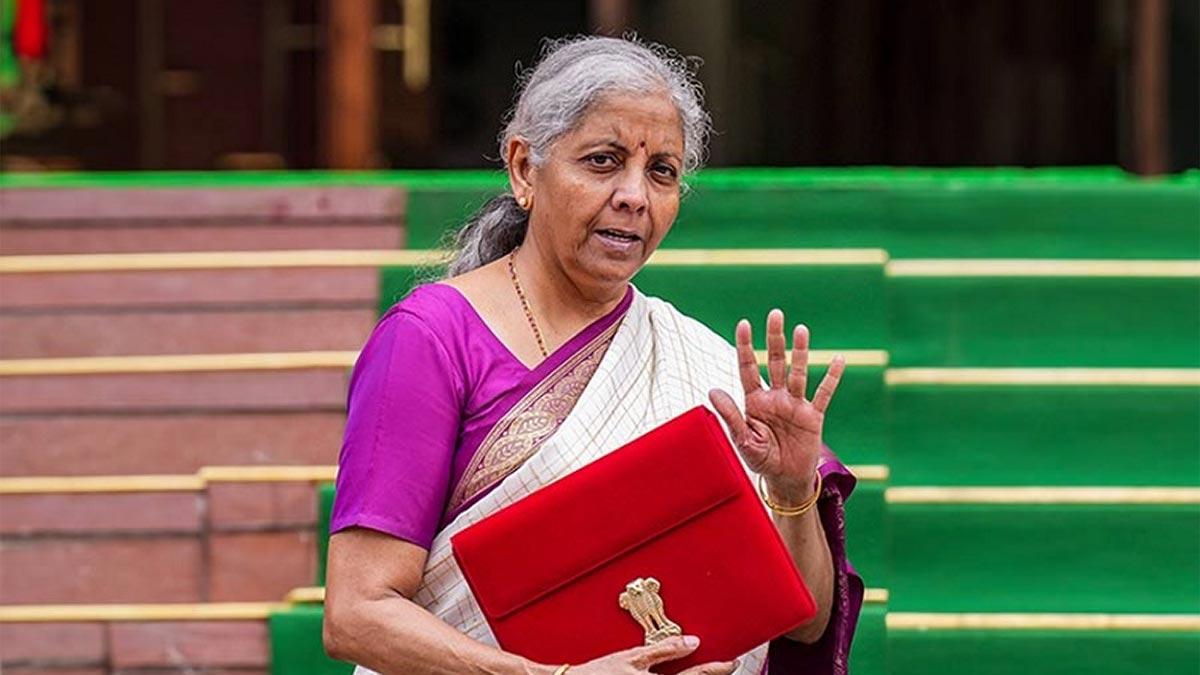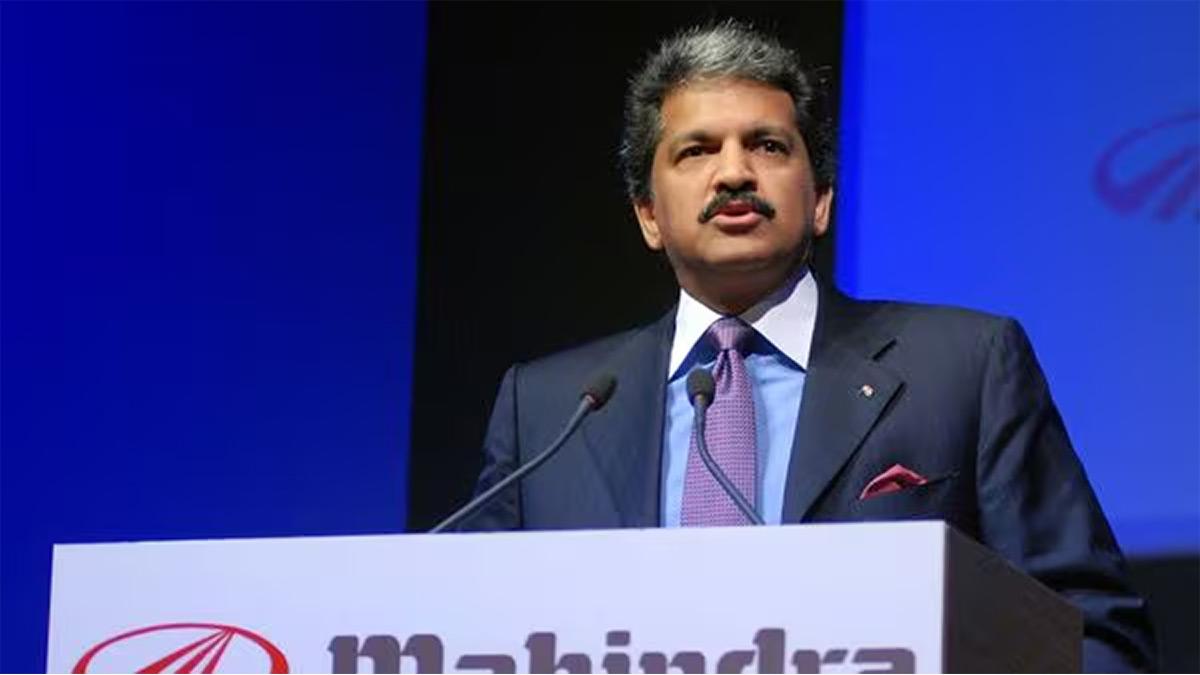With the Indian space economy likely to expand nearly 5-fold from $8.4 billion to around $44 billion in the next decade, the Union Minister of State for Science and Technology, Dr Jitendra Singh, said that investments in the sector reached Rs 1,000 crore in 2023 alone, making India a frontline player in the world. India's space sector has also emerged as a significant foreign exchange earner.
Of the 220 million euros earned through launching foreign satellites, 187 million euros was generated in the last eight years. Countries benefiting from ISRO’s services include the US, France, Japan and others.
Hailing ISRO’s Space Docking Experiment (SPADEX) mission, Dr Singh said that this achievement places India on par with global leaders in space docking technology.
The SPADEX mission is one of the critical projects undertaken by ISRO with the objective of developing and demonstrating technologies for rendezvous, docking, and undocking of spacecraft using two small satellites.
"These capabilities are crucial for future missions, including satellite servicing, space station operations, and interplanetary exploration," the minister said while addressing the media in the national capital.
The main goals of SPADEX, according to the Minister are to Demonstrate technology for space-craft rendezvous and docking, Demonstrate controllability in docked conditions to prolong the life of target spacecraft, and Test power transfer between docked satellites.
The mission would also include post-docking operations, with both spacecraft performing payload operations independently.
The docking will take place on January 7, 2025, noon, according to Dr Singh.
It added a significant partnership involving the Department of Biotechnology in collaboration with ISRO on researching the utility of Biology in Space.
The Minister explained, "With Prime Minister Narendra Modi, India will spearhead 'Space-Biology' studying physiological alterations across space-related areas.".
The New Space Policy 2023 has allowed private sector participation in the activities of ISRO. It has seen a growth in space startups from single digit in 2021 to almost 300 in 2023.
A few notable ones include AgniKul Cosmos, which has established a private launchpad on the premises of ISRO, and Skyroot, which successfully conducted India's first private sub-orbital launch.
These startups are reinforcing ISRO's infrastructure and attracting global attention from companies like SpaceX," Dr Singh said.
Read also| India's CAD Stable, Foreign Financial Inflows Increase: Crisil Report
Read also| India's Defence Production Set to Achieve 20% Annual Growth in FY 2024-29


















